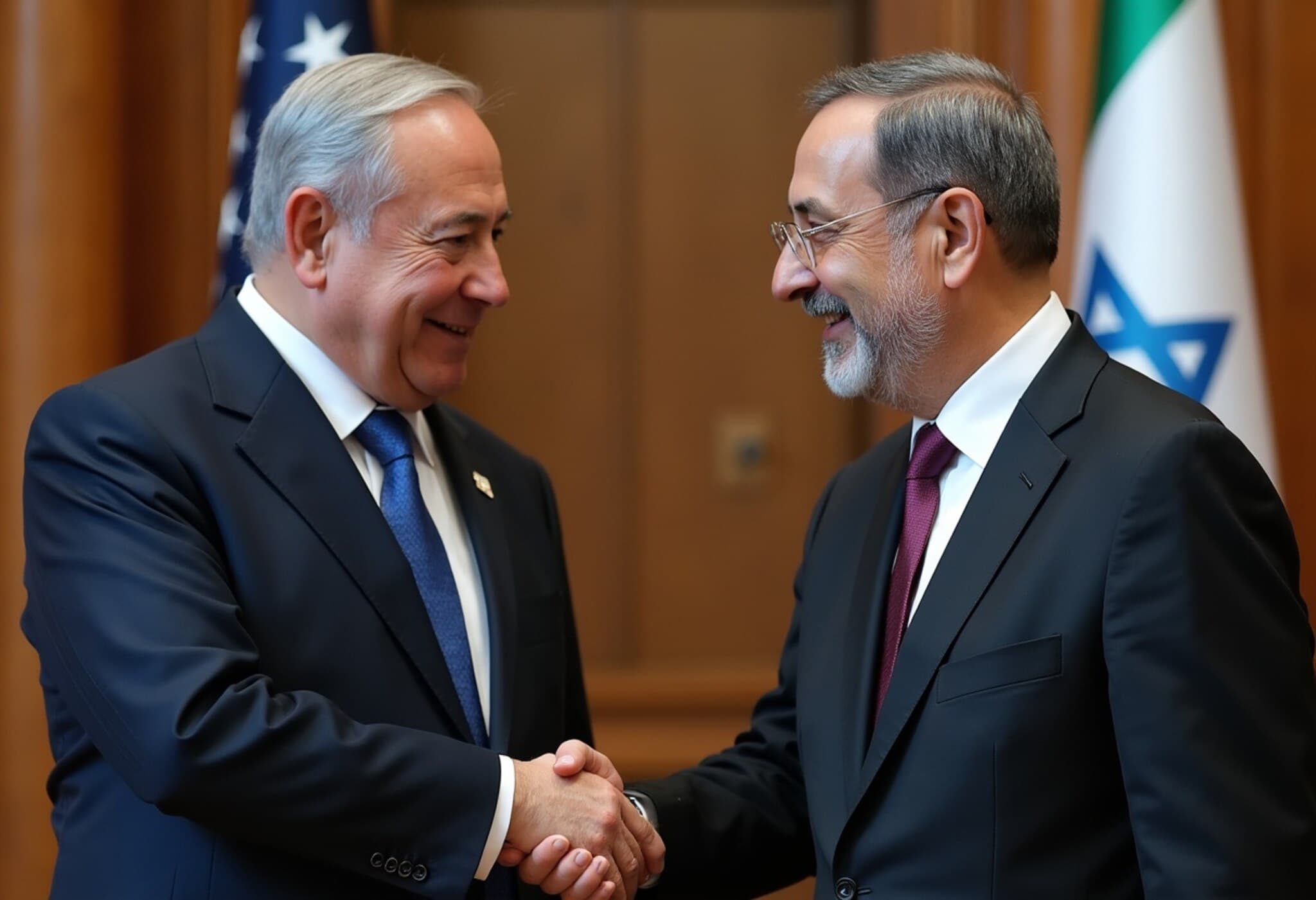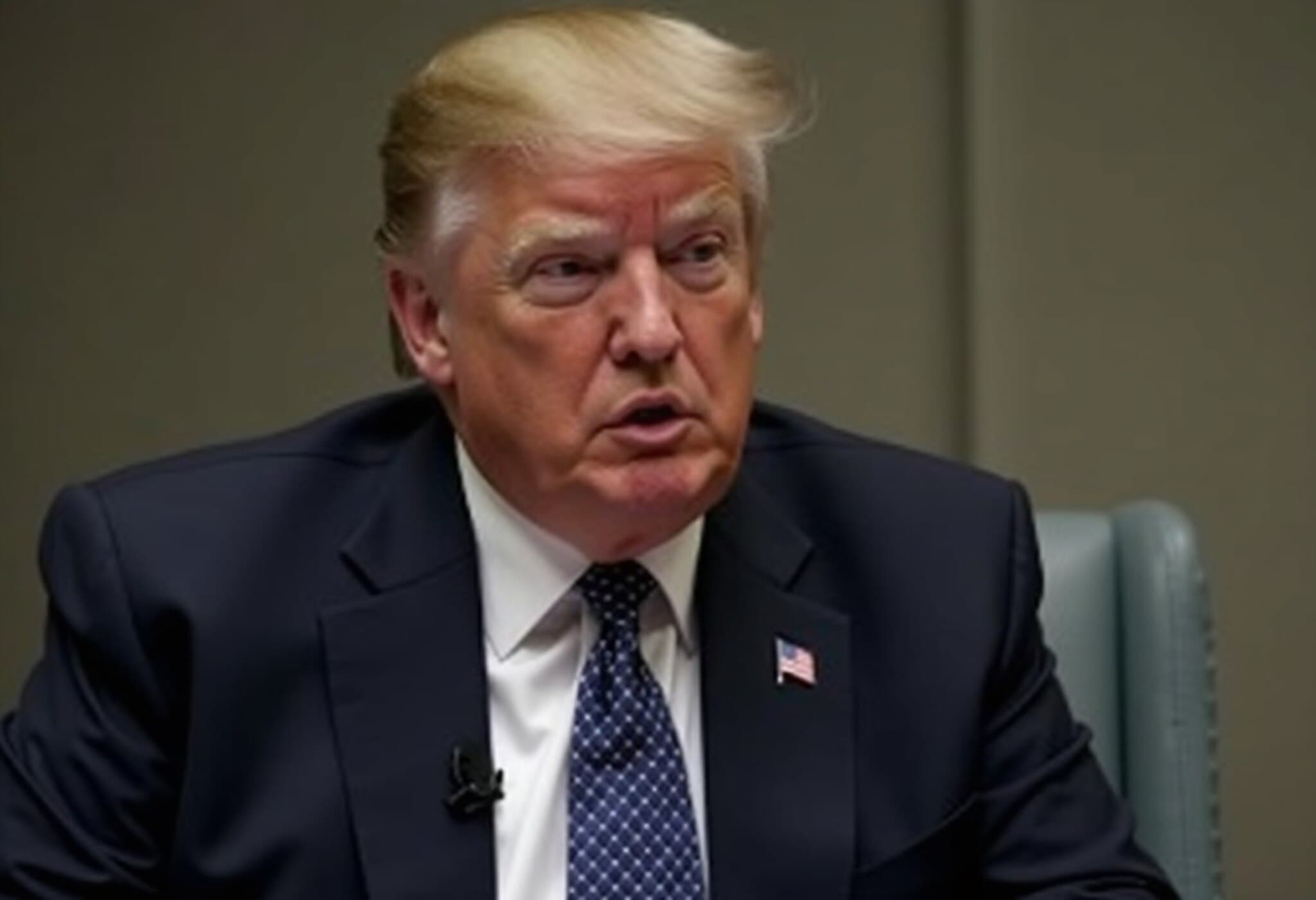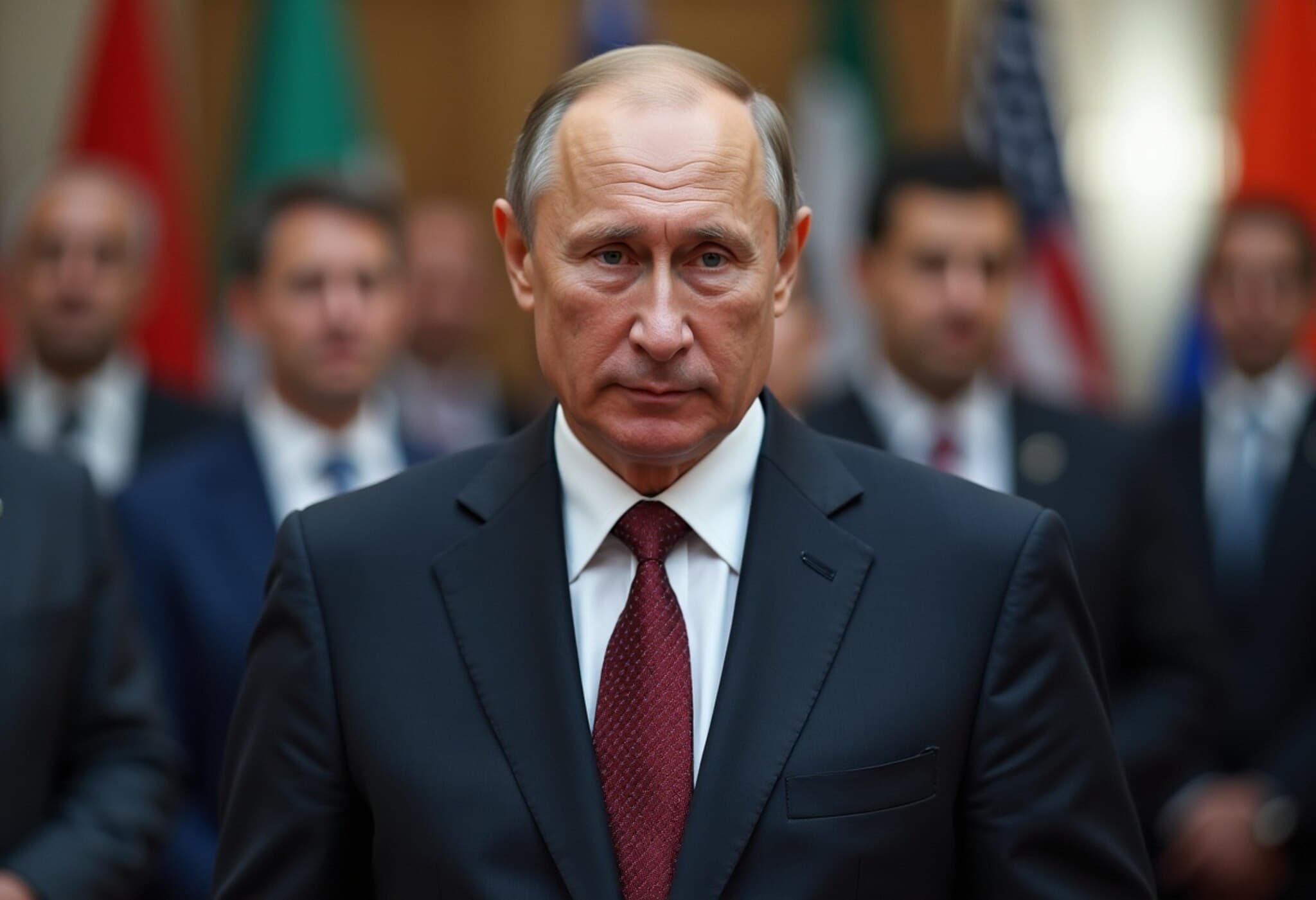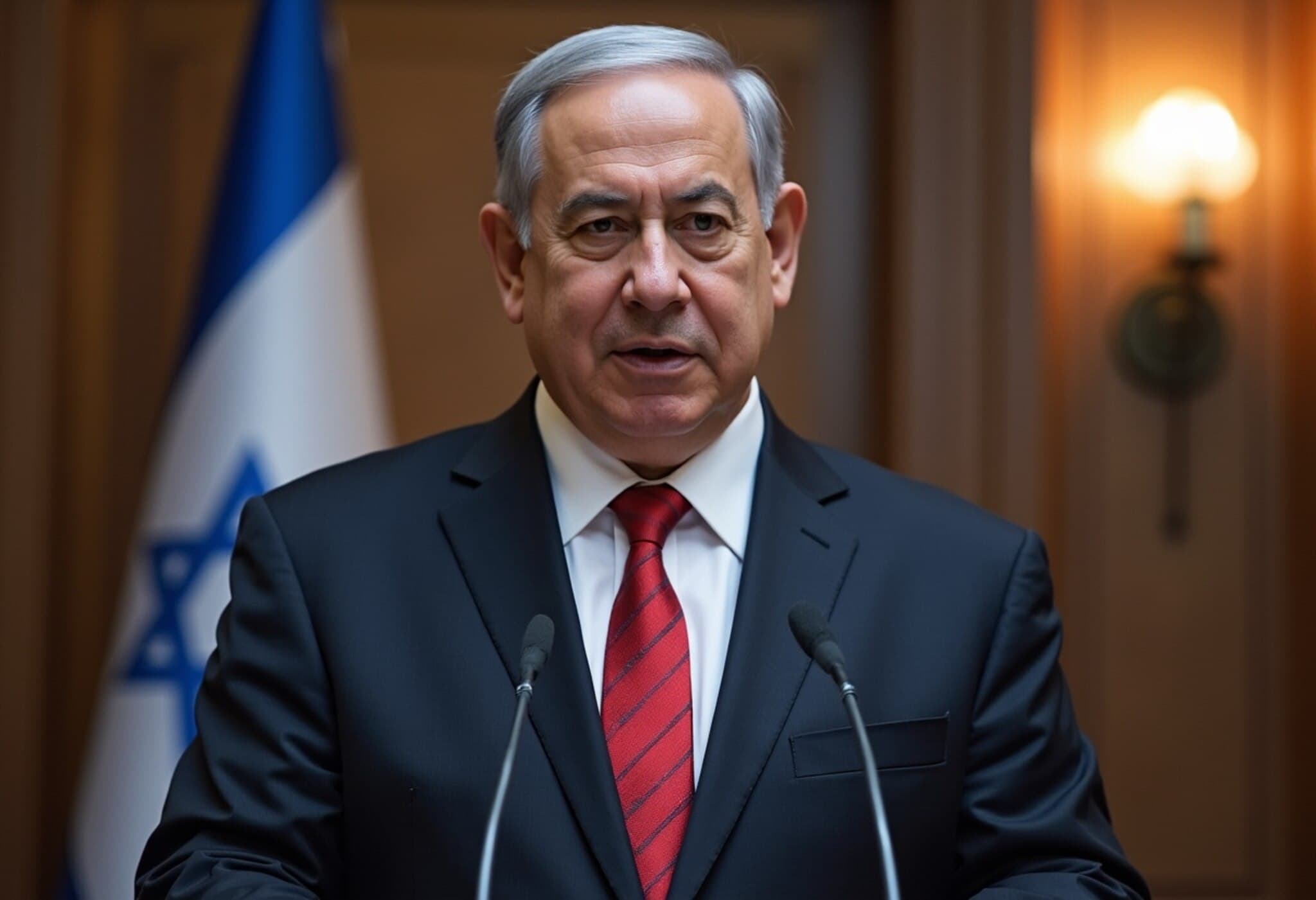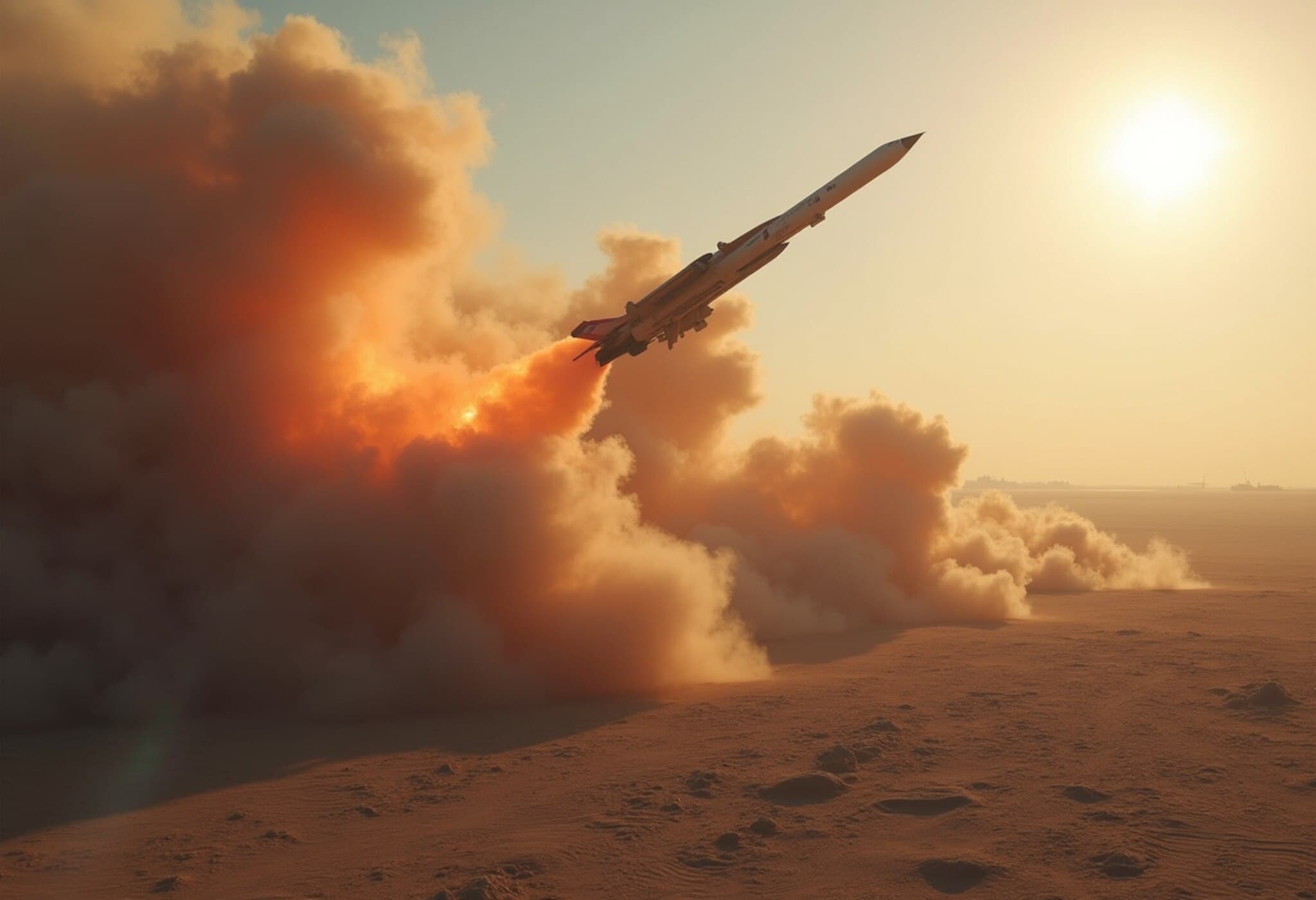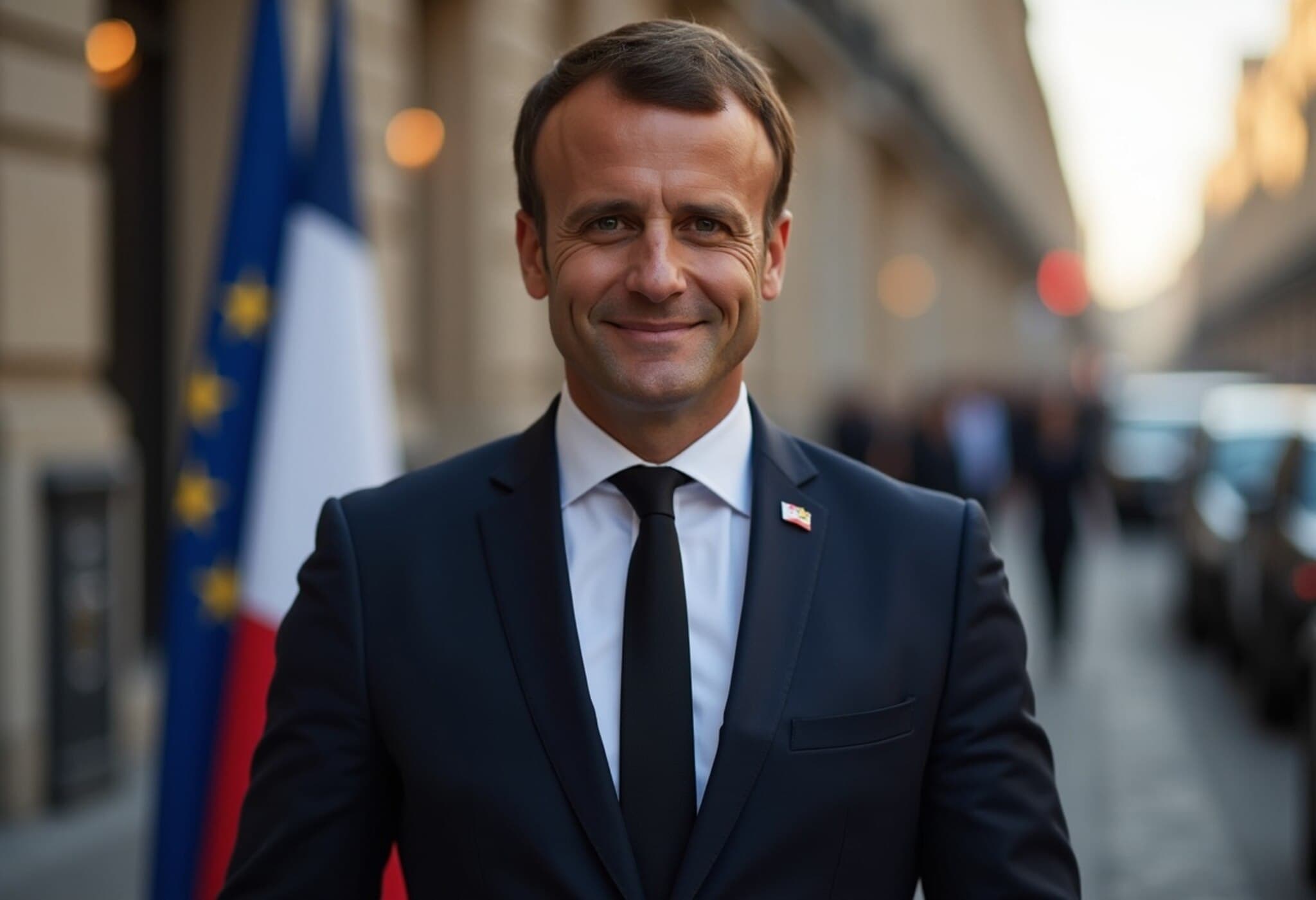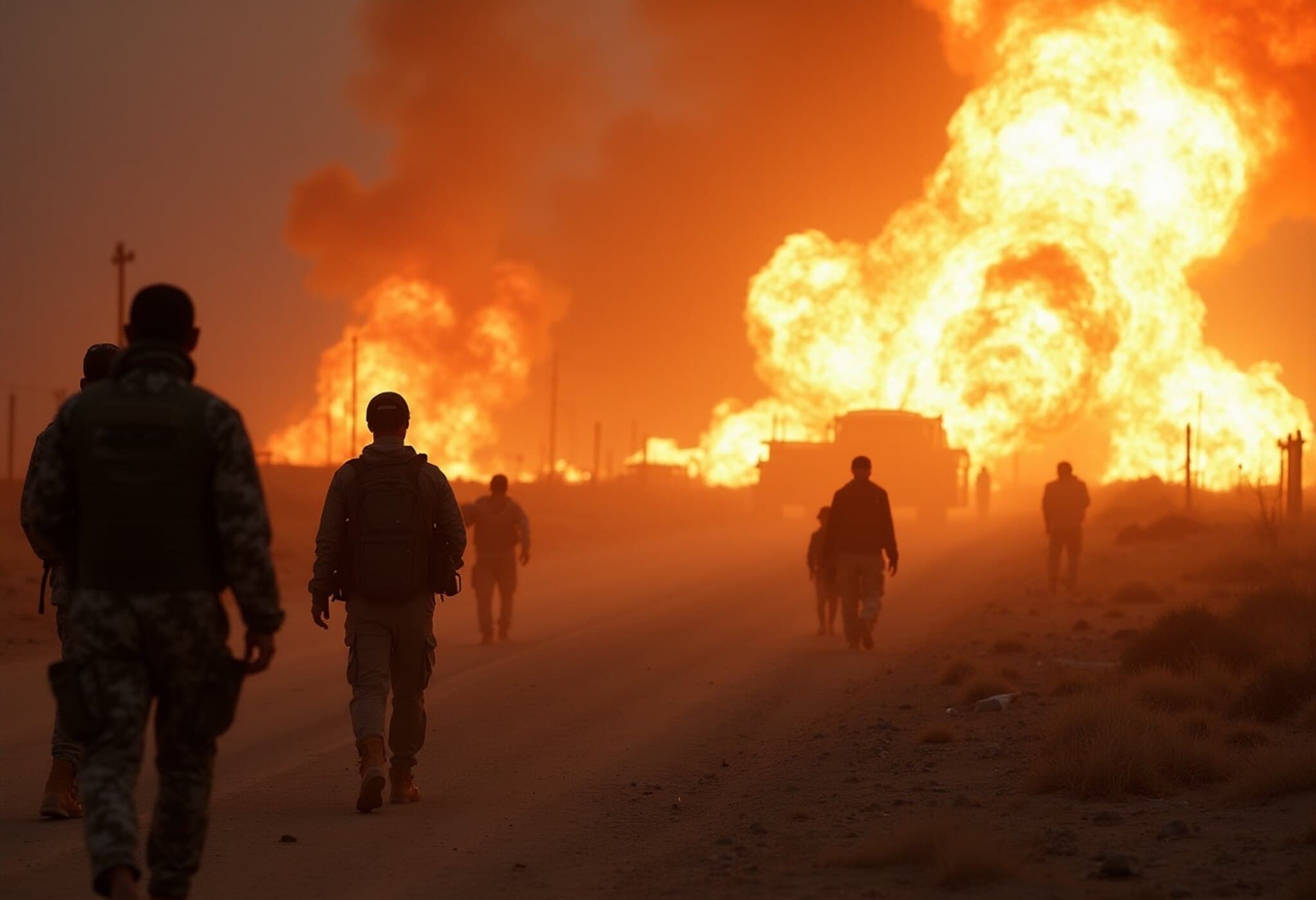Historic Israeli-Syrian Ministerial Talks Resume with US Mediation
In a rare landmark diplomatic development, top officials from Israel and Syria convened in Paris on July 24, 2025, marking the first high-level meeting between the two nations in over a quarter-century. This four-hour dialogue, brokered by the United States and led by Special Envoy Tom Barrack, signaled a tentative yet hopeful step toward easing one of the Middle East’s long-standing conflicts.
Context and Significance of the Meeting
Since the devastating wars and decades of animosity that fractured relations in the late 20th century, Israel and Syria have remained entrenched in hostility, particularly over the strategically sensitive Golan Heights and ongoing security concerns along their shared border. These latest talks mark a significant thaw and could herald the possibility of renewed dialogue addressing the volatile southern Syria region.
The presence of US mediator Tom Barrack underscores Washington’s persistent interest in stabilizing West Asia through diplomacy, even as complex regional tensions persist, including disagreements over Iranian influence and nuclear ambitions.
Key Outcomes and Discussion Points
- De-escalation of Regional Tensions: Both sides expressed a mutual commitment to reduce hostilities, with a focus on preventing military clashes along the Israel-Syria border. This initiative responds to recent informal communications highlighted by Saudi media about renewed Israeli-Syrian security cooperation.
- Security Arrangements in Southern Syria: Discussions aimed to establish understandings that could limit Israeli military operations in southern Syria, a flashpoint for conflict, and provide assurance against unauthorized incursions. This can be pivotal for maintaining the fragile ceasefire established in 1974.
- US Facilitation Role: Special Envoy Barrack’s involvement reflects the US’s strategic balancing act—supporting Israeli security concerns while encouraging Syrian openness to peace. Notably, Barrack criticized some prior Israeli operations in Syria as counterproductive to regional stability, emphasizing the delicacy of further intervention.
- A Diplomatic Opening Despite Historical Animosity: The fact that Syrian authorities showed readiness to engage at this level hints at evolving political calculations amidst Syria's complex internal dynamics and a shifting regional order.
Broader Regional Implications
The talks also implicitly touched upon more extensive regional concerns, including Iran’s nuclear program and its proxy influence in Syria and beyond. Managing Israeli-Syrian relations is crucial not just bilaterally but for the wider geopolitical stability of West Asia. Many analysts view this meeting as a stepping stone toward broader regional dialogues that may pave the way for agreements on security, counterterrorism, and potentially even economic cooperation.
Expert Commentary
Dr. Hannah Weiss, a Middle East policy analyst at Georgetown University, noted, "These talks, while preliminary, represent a crack in decades of entrenched hostility. The US mediation is essential, but sustainable change requires building trust on the ground—and that will be the real challenge. The global community should cautiously support such initiatives while remaining alert to setbacks."
Moreover, American policymakers face a complex dilemma: balancing robust support for Israeli security while encouraging Syrian reintegration into regional diplomacy, all amid the evolving US-Iran nuclear discourse.
Looking Forward: Opportunities and Challenges
The dialogue opens doors for incremental progress, but many obstacles remain. Deep-rooted distrust, internal political pressures, and external influences from actors such as Iran and Russia could impede long-term breakthroughs.
Nonetheless, this meeting underscores a critical willingness from both sides and the United States to explore peace pathways beyond prolonged conflict cycles. As observers worldwide watch closely, the coming months will test whether this initial engagement can translate into measurable steps toward coexistence.
Summary
Israel and Syria’s first ministerial meeting in 25 years, facilitated by the US in Paris, focused on de-escalation and security cooperation in southern Syria, signaling a cautious but consequential shift in regional diplomacy. While challenges persist, this breakthrough highlights the potential for renewed peace efforts in a historically volatile region.
Editor’s Note: This historic meeting opens an important chapter in Middle Eastern diplomacy, but it also raises pressing questions: Can decades of mistrust be overcome through dialogue alone? What role will the US and other international actors play in sustaining momentum? And how will shifting regional alliances influence these fledgling talks? As developments unfold, informed engagement and nuanced analysis remain vital to understanding their full impact.

